With the high temperatures the air conditioning of our cars will be put to the test. This is an opportunity to review the proper use of this essential element of comfort, which equips almost all new cars today.
How to use your air conditioning in the most efficient way?
You have just loaded the car which has been parked in the sun. Inside is an oven. Start by opening the driver and passenger side windows at the front and rear to ventilate the cabin. The draft thus created will reduce the temperature much more quickly and will save you from having to turn on the air conditioning. As soon as the temperature has returned to normal, carefully close the windows before turning on the air conditioning.
In scorching summer temperatures, it is best to alternate the use of air conditioning and the fan, which will allow you to moderate your fuel consumption.
How to properly adjust the air conditioning?
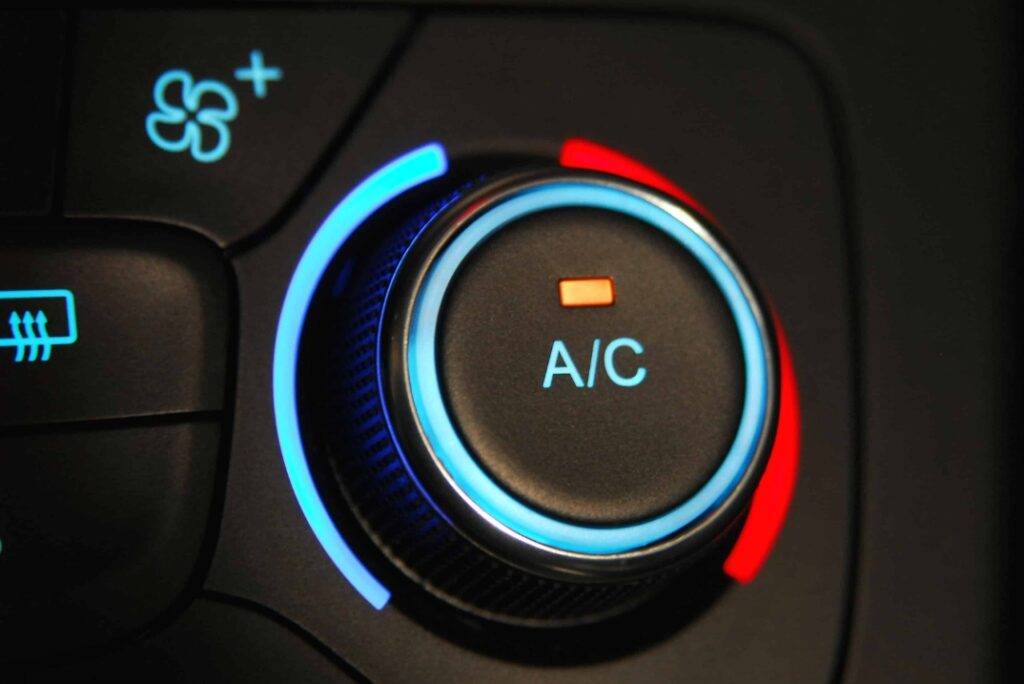
If you don’t want to end the day with sore throat due to a large amplitude thermal shock, it is not recommended to have too big a temperature difference between the car interior and the outside. 5 to 6° C is a good average. Thus, if the outside temperature is around 32°, it is unreasonable to want to drive at 21°. If you drive around 25/26° the difference will be sufficient to make the temperature of the passenger compartment quite bearable.
In addition, for effective use, direct the ventilation outlets towards your forearms and legs, which will thus be pleasantly refreshed.
What is the impact of air conditioning on the consumption of your vehicle?
The operation of the air conditioning compressor leads to excessive fuel consumption. If we are to believe the Ademe (Agency for the Environment and Energy Management) when you use your air conditioning on the road, whether it is a departmental, national or a highway, you consume 10 to 20% more fuel. In town, due to traffic jams, your car’s consumption increases by 25 to 35% (these are general data, which vary according to the type of engine and your driving style).
And on average, if you use the air conditioning all the time, you will have 5% higher fuel consumption over the year.
However, driving with the windows open above 80-100 km/h is not the solution either since the air intake thus created will “brake” your car which will lose its aerodynamics and thus consume even more. fuel.
Should the air conditioning be left on all the time?
If possible, turn off the air conditioning when you are stuck in traffic jams, which will again save you from overconsumption of fuel.
Also, not using the air conditioning all the time will prolong the life of your compressor. By switching off the latter a few kilometers before arriving at your destination, you will raise the hot air from the engine in the pipes and expel the humidity accumulated during your journey, which will prevent you from coming up with unpleasant odors.
What interview?
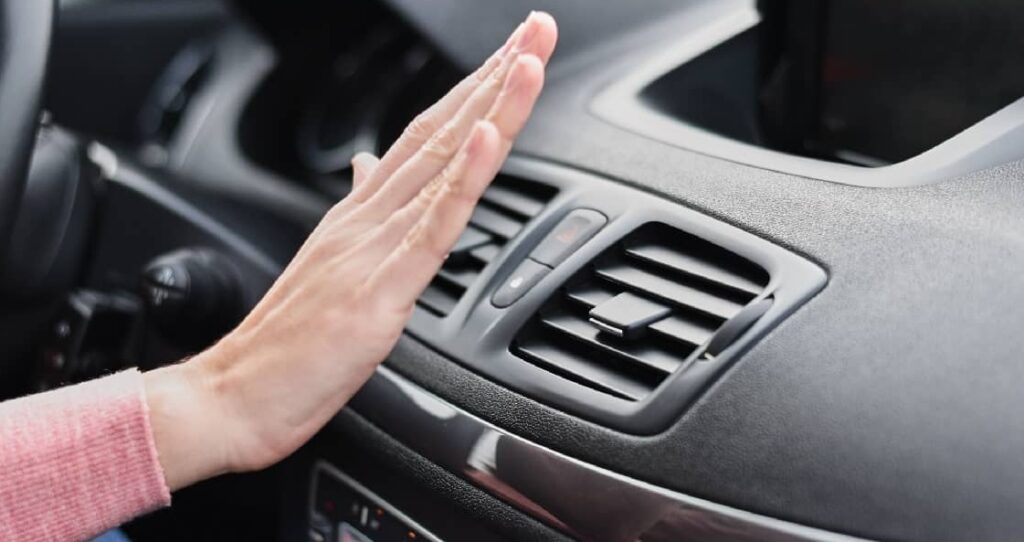
To function properly, your vehicle’s air conditioning must undergo regular maintenance at least once every two years to check the level of refrigerant gas and the general condition of the circuit. This maintenance also cleans the air vents and prevents bad smells. Do not forget to change the filter which ensures good quality of the ambient air.
Otherwise, beware of bacteria and fungi that open the door to all kinds of inexplicable allergies. Similarly, maintenance makes it possible to check all the components of the air conditioning system, from the dryer to the compressor, without forgetting the sensors, the condenser, as well as the level of the refrigerant which allows the whole to operate.
Is your air conditioning no longer cold?
If your air conditioning is no longer cooling, it is quite simply possible that there is a lack of refrigerant gas in the circuit. In this case, it is essential to have the whole of the latter checked in order to check that it does not contain any leaks, then to have the circuit recharged in a specialized garage. You should know that an air conditioning recharge costs 50 to 60 € but that changing a capacitor will cost you on average 150 € and a compressor 400 €. Hence the importance of ensuring the proper maintenance of the whole.
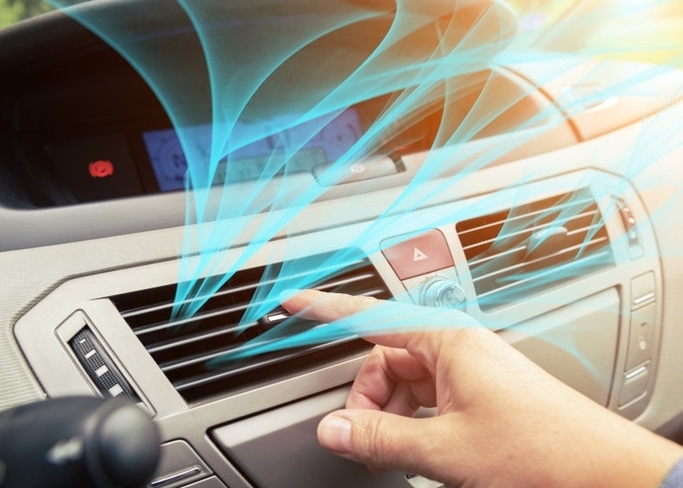
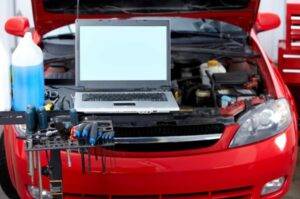


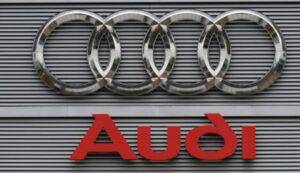
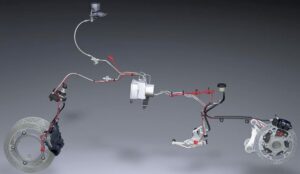
Comments are closed.